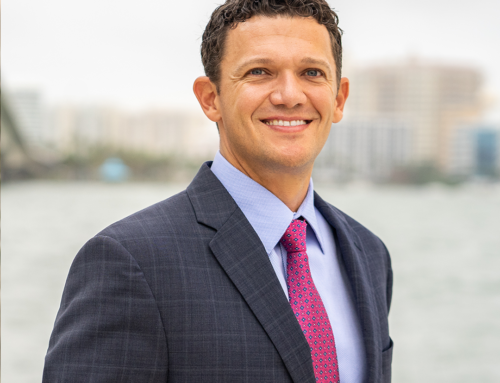Injured parties in Florida have a lot on their plate. After an accident, it’s important to focus on recovery and trust that your personal injury attorneys promote your interests and help you secure compensation. However, this success is only possible through open and honest communication, which may be difficult for injured parties who are afraid of their right to privacy. What happens if personal details leak to the public? Today, we will briefly discuss why providing full information to your personal injury attorney is not a worry you should concern yourself with.

What Privacy Protections Do Injured Parties Have?
At the most basic level, attorney-client privilege means that any information you share with your attorney regarding your accident and medical issues cannot be disclosed to anyone else without your consent. You benefit from this privilege the moment you formally consult with a lawyer, even if you choose not to hire them or pursue legal action at a later date.
Personal injury attorneys cannot adequately represent you without knowing the complete story of your accident, and the purpose of this confidentiality is to help clients remain open and honest. Sharing potentially embarrassing details or circumstances may not seem directly relevant to the case, but the more your attorney understands, the better they can advocate for you. You never know when a certain medical detail will result in even more avenues for compensation.
Attorney-client privilege doesn’t only apply during initial consultations or meetings at a law office. Any communication—whether in person, over the phone, or via email—remains confidential as long as it relates to your case. Opposing parties cannot access your private communications through legal petitions or court orders; they are separate from evidence allowable through discovery. You have the right to waive your attorney-client privilege whenever you choose, but doing so should be a carefully considered decision – as it may open the door for others to access your information and affect your right to privacy.
Addressing 3 Common Concerns About Confidentiality
Concern 1: “Will My Attorney Share Personal Information?”
One of the most common fears is that your personal information may somehow be disclosed or leaked. We’ve already discussed how attorneys sharing this information is not allowed, but there may still be instances where mistakes occur and lead to accidental disclosures. Luckily, reputable personal injury attorneys understand that maintaining confidentiality is critical to both their professional integrity and your trust. They have no incentive to disclose sensitive information, as their success depends on helping you win the compensation you deserve. Attorneys make an effort to safeguard these communications and treat them with the seriousness they deserve.
Concern 2: “What Happens If I Talk About My Case Outside of My Attorney’s Office?”
While your conversations with your attorney are protected, the same cannot be said for discussions with friends, family, or colleagues. If you share details about your case with others, there’s no guarantee that those individuals will keep the information private. Even a casual conversation about your injuries or the case could lead to unintended consequences if the opposing party discovers it.
The most common risks come from social media; if you’re considering posting about your injuries or case online, don’t. Opposing attorneys often monitor social media activity to find statements that could contradict your case or be used to question your credibility. Your attorneys can protect your personal information only if you keep it confined to privileged communications.
Concern 3: “Are There Exceptions to Attorney-Client Privilege?”
While attorney-client privilege is a powerful tool, there are certain exceptions where this protection may not apply. For example, if a client discloses plans to commit illegal activity, those communications are not protected by privilege. Issues may also happen if you publicly accuse your attorney of malpractice or misconduct, in which case your attorney may use privileged communications to defend their actions.
Despite these exceptions, it’s uncommon for them to arise in routine personal injury cases. As long as you maintain transparency with your attorney and limit discussions about your case to your legal counsel, your communications should remain protected.
We know you may have concerns about confidentiality during the legal process, but Probinsky & Cole is here to reassure you – and to help you secure the compensation you deserve for your injuries. Contact us today to speak to a team member and learn how we can help fight for your rights.







